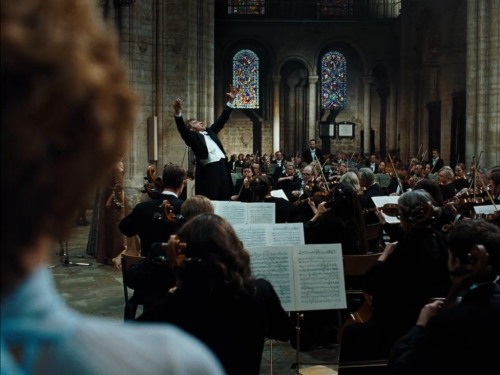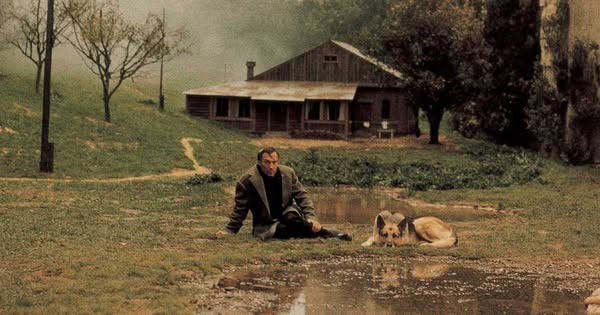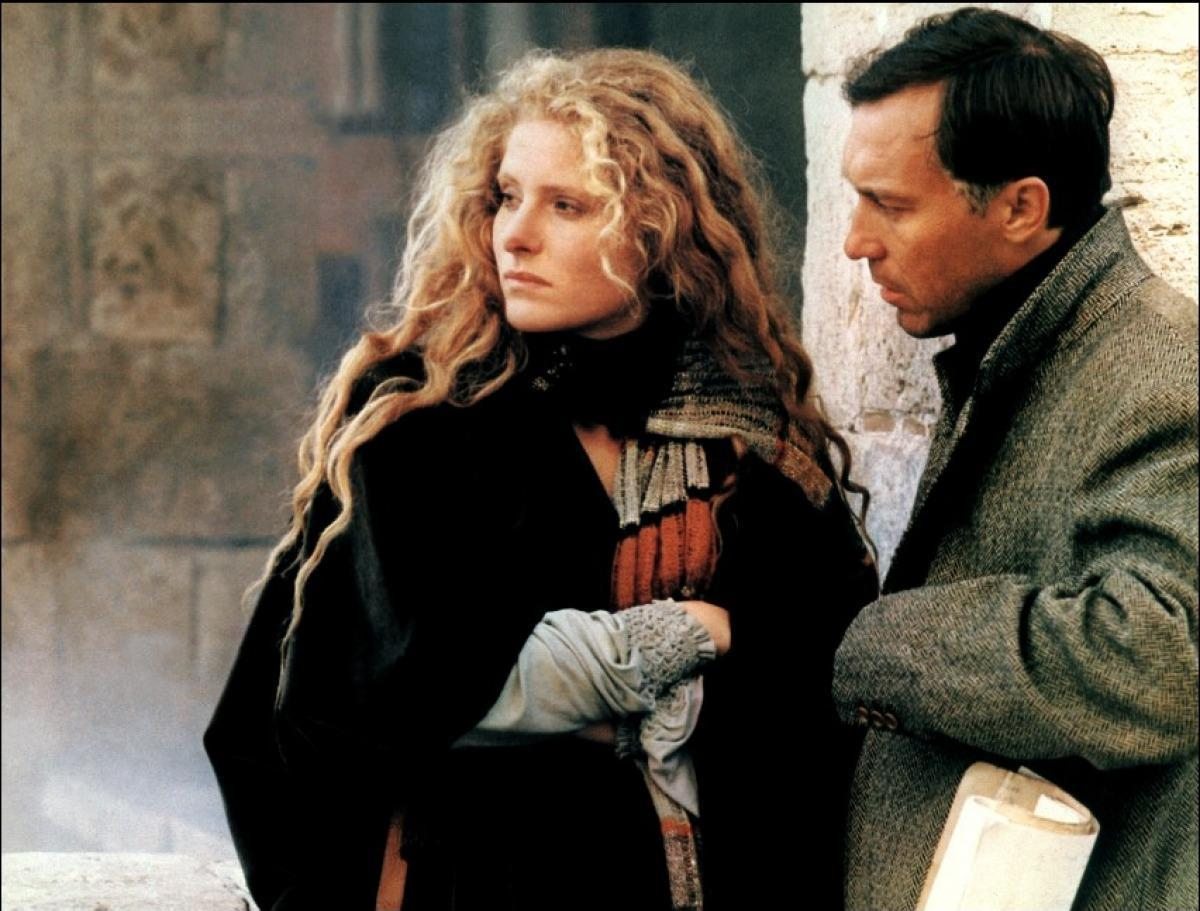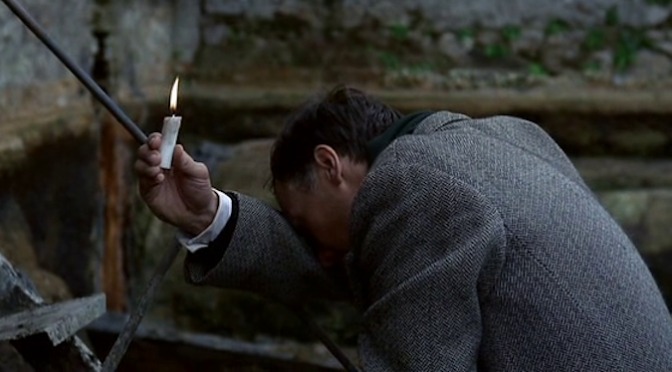Nostalghia (1983)

Nostalghia (1983) is a haunting and thought-provoking drama directed by the legendary Russian filmmaker Andrei Tarkovsky. Known for his philosophical exploration of time, memory, and spirituality, Tarkovsky crafts a deeply introspective narrative in Nostalghia. The film stars Oleg Yankovsky, Domiziana Giordano, and Erland Josephson, and is co-written by Tarkovsky and Tonino Guerra. Set in Italy, the film explores themes of exile, longing, and the emotional toll of living between two worlds. It is a contemplative and visually stunning piece of cinema that invites viewers to reflect on the essence of human existence.
The film centers around Andrei Gorchakov (played by Oleg Yankovsky), a Russian writer living in exile in Italy. He embarks on a journey to research a 19th-century Russian composer while grappling with his own sense of alienation and homesickness. Gorchakov forms a complicated relationship with a mysterious woman named Maria (Domiziana Giordano), and through their interactions, the film delves into themes of memory, loss, and the search for spiritual meaning. Gorchakov’s struggles with his own identity and his sense of dislocation from both his homeland and his surroundings are central to the film’s exploration of the human condition.

The title Nostalghia itself speaks to the core of the film, referring to the intense feeling of homesickness and longing that the characters experience. Gorchakov’s search for meaning in a foreign land represents the universal feeling of exile, whether physical or emotional. Tarkovsky uses slow, deliberate pacing to create a contemplative atmosphere that mirrors the inner turmoil of the protagonist. Gorchakov’s journey is not only a literal exploration of Italy but also a metaphorical journey into his own soul as he attempts to reconcile his past with his present.
In addition to the theme of exile, Nostalghia also touches on the tension between the physical world and the spiritual realm. Tarkovsky’s films often grapple with the idea of spirituality and the transcendence of the material world, and Nostalghia is no exception. The film’s lush cinematography, often featuring long, lingering shots of landscapes and architectural ruins, reflects Gorchakov’s inner turmoil as he seeks a sense of belonging. The stark contrast between the decaying Italian countryside and the more vibrant memories of his homeland embodies the conflict between the past and the present, between the ideal and the real.

The film’s visuals and cinematography are arguably some of its most powerful elements. Tarkovsky is renowned for his use of long takes, minimalistic scenes, and slow pacing, all of which contribute to the meditative atmosphere of Nostalghia. The imagery in the film is highly symbolic, with each frame thoughtfully composed to evoke a sense of emotional depth. The use of water, fire, and ruins in the visual storytelling serves to highlight the themes of destruction, renewal, and the passage of time, all of which are central to the film’s philosophical underpinnings.

In conclusion, Nostalghia (1983) is a profound and poetic film that transcends traditional storytelling to explore the depths of the human spirit. Tarkovsky’s meditative direction, along with the strong performances from Yankovsky, Giordano, and Josephson, creates a film that lingers in the mind long after the credits roll. Through its exploration of exile, memory, and spirituality, Nostalghia invites viewers to reflect on their own sense of identity and the complexities of the human experience. It is a masterpiece that continues to resonate with audiences for its timeless, philosophical inquiry into the nature of longing and the search for meaning in life.











